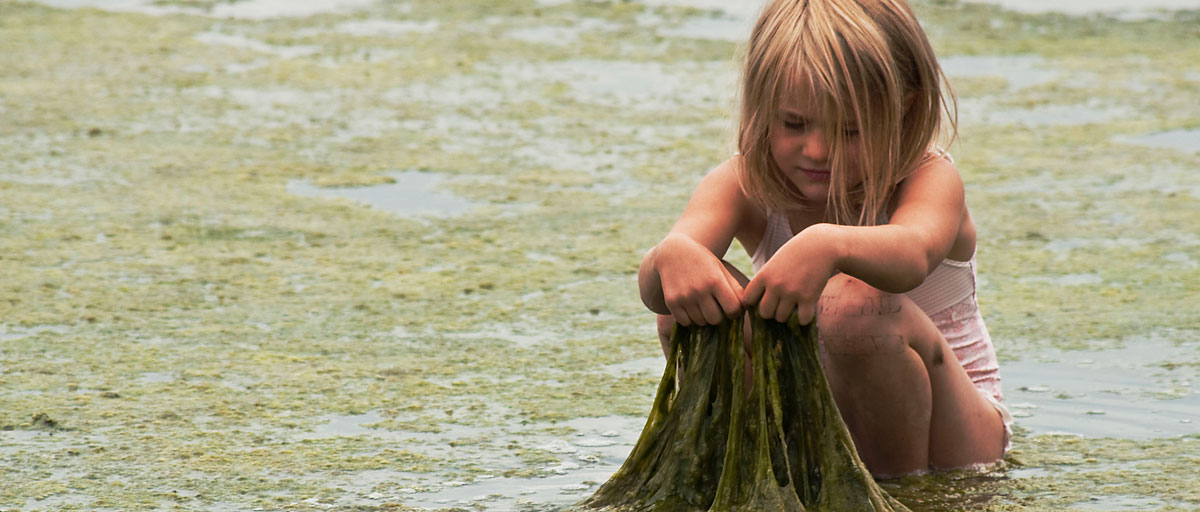
Bottlenecks, showstoppers and train-wrecks - How can we manage the seas and estuaries?
Seminar with Professor Mike Elliot, 3 October 2013
There is only one big idea in marine management: how to maintain and protect ecological structure and functioning while at the same time allowing the system to produce ecosystem services from which we derive societal benefits.
This talk discusses our ability to achieve a holistic management planning framework for estuaries and seas using a multi-manager sectoral framework. Based on a typology of risk and hazard covering both Exogenic Unmanaged Pressures and Endogenic Managed Pressures, it illustrates the 10-tenets of sustainable and successful marine management within the complex European marine governance framework and the socio-ecological system. More importantly, it discusses the minor, moderate and major impediments to achieving that big idea.
About Mike Elliott
Professor Mike Elliot is the Director of the Institute of Estuarine & Coastal Studies and Professor of Estuarine and Coastal Sciences at the University of Hull.
His work includes studies on most ecological components as well as policy, governance and management. He focuses on the interactions between these aspects, usually in relation to human activities and on the way in which natural and anthropogenic environmental change influences ecosystems. Professor Elliot has produced more than 190 scientific publications and has co-authored or edited 13 books and conference proceedings on estuarine and marine issues.
He is a past-President of the international Estuarine & Coastal Sciences Association (ECSA) and has been/is a chair and/or member of many advisory and review panels for teaching and research worldwide and is a member of the editorial boards of several international scientific journals as well as an Editor-in-Chief of Estuarine, Coastal & Shelf Science.
Selected references
Borja, A., Elliott, M., Andersen, J.H., Cardoso, A.C., Carstensen, J., Ferreira, J.G., Heiskanen, A.-S., Marques, J.C., Neto., J., Teixeira., H., Uusitalo., L., Uyarra., M.C., Zampoukas, N. (in press). Good Environmental Status of marine ecosystems: What is it and how do we know when we have attained it? Marine Pollution Bulletin. (online September 2013)
Atkins, J.P., Gregory, A.J., Burdon, D. & Elliott, M., 2011. Managing the marine environment: is the DPSIR framework holistic enough? Systems Research and Behavioural Science, 28: 497—508.
Atkins, JP, D Burdon, M Elliott and AJ Gregory (2011) Management of the Marine Environment: Integrating Ecosystem Services and Societal Benefits with the DPSIR Framework in a Systems Approach. Marine Pollution Bulletin, 62(2): 215-226.
Borja, Á, M Elliott, J Carstensen, A-S Heiskanen, W van de Bund (2010). Marine management — towards an integrated implementation of the European Marine Strategy Framework and the Water Framework Directives. Marine Pollution Bulletin 60: 2175-2186.
Christie, N, Smyth, K, Barnes, RA, and Elliott, M (2014). Co-location of activities and designations: a means of solving or creating problems in marine spatial planning? Marine Policy 43: 254-261 (online September 2013).
Cormier, R, A Kannen, M Elliott, P Hall & IM Davies (Eds) (2013). Marine and Coastal Ecosystem-based Risk Management Handbook. ICES Cooperative Research Report, No. 317, March 2013, International Council for the Exploration of the Sea, Copenhagen, 60pp, ISBN 978-87-7472-115-1.
Elliott, M. (2011). Marine science and management means tackling exogenic unmanaged pressures and endogenic managed pressures — a numbered guide. Marine Pollution Bulletin, 62: 651-655.
Elliott, M (2013). The 10-tenets for integrated, successful and sustainable marine management. Marine Pollution Bulletin 74(1): 1-5.
Elliott, M & A Whitfield (2011). Challenging paradigms in estuarine ecology and management. Estuarine, Coastal & Shelf Science, 94: 306-314.
Elliott, M, A Trono & ND Cutts (2010). Chapter 17 Coastal Hazards and Risk. In: DR Green (Ed.) Coastal Zone Management. Thomas Telford Publ. London, p396-432.
Tett P., Gowen R., Painting S., Elliott M., Foster R., Mills D., Bresnan E., Capuzzo E., Fernandes T., Foden J., Geider R., Gilpin L., Huxham M., McQuatters-Gollop A., Malcolm S., Saux-Picart S., Platt T., Racault M.-F., Sathyendranath S., Molen J.v.d. and Wilkinson M. (in press). A framework for understanding marine ecosystem health. Marine Ecology Progress Series (in press).
Room 312, Stockholm Resilience Centre
Kräftriket 2B, SE-114 19 Stockholm





